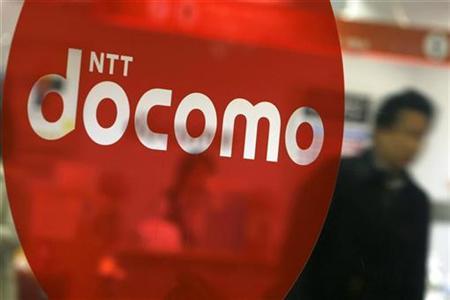
Tata Group Chairman Ratan Tata and former chairman Cyrus Mistry have continued their debate on the reasons for the break-up with Japanese telecoms Docomo.
There were allegations that Cyrus Mistry had a role in the Tata Group’s break-up with Docomo. It was believed that the break-up was one of the reasons for his ouster as Tata Sons chairman. But Cyrus Mistry’s office on Tuesday said that all decisions were in concurrence with Ratan Tata and the board.
Ratan Tata shot off his second letter to group employees, saying the removal of Mistry, although a difficult decision, was necessary for the future success of the $103 billion empire. He said the focus must be on profit margins.
Ratan Tata also said he looked forward to finding a world class leader to be the new chairman.
“To begin with, the agreement with Docomo had been executed before Cyrus Mistry became executive chairman of the Tata Group,” said the eight-point statement from the office of Cyrus Mistry.
“Insinuations that Docomo issue was handled under the watch of Cyrus Mistry in a manner inconsistent with Tata culture and values are baseless. Suggestion that Ratan Tata and trustees would not have approved of the manner in which the litigation was conducted is contrary to what transpired.”
This was in reference to the $1.17 billion compensation sought by Docomo for breach of contract.
The statement said the Tatas requested Docomo to join them in seeking the approval of the Reserve Bank of India, but the Japanese entity did not agree. While Tatas applied for RBI approval, Docomo initiated arbitration since such a nod was not forthcoming.
“The award was passed in favour of Docomo and against the Tatas. The Tatas under Cyrus Mistry did not challenge the award in the UK. On the contrary, RBI was approached once again by the Tatas for permission to pay the amount awarded. RBI again refused permission,” the statement said.
Tatas also deposited Rs 8,000 crore in Delhi High Court where Docomo sought enforcement of the award.
“Throughout the above process, Ratan Tata and N.A. Soonawala, Trustee, were kept informed and they participated in separate meetings held with Cyrus Mistry,” said the statement, seeking to clearly state that the top management was kept in the loop.
They also participated in the meeting with the legal counsel (a trustee of Dorabji Tata Trust who represented Tatas in the litigation). At all times Ratan Tata and Soonawala concurred and approved the course of action adopted by Tatas and as advised by legal counsel.
All decisions were taken with the unanimous approval of the Tata Sons Board. In fact, all decisions were collective decisions and the actions were consistent with every such collective decision.
In light of the above facts, to suggest that Mr. Mistry acted on his own, or contrary to ‘Tata values’ or without the knowledge and/or concurrence of Ratan Tata and Soonawala is as false as it is mischievous.
Japan’s NTT Docomo had acquired 26.5 percent equity in Tata Teleservices for approximately $2.5 billion in March 2009. In July 2014, Docomo told Tata Sons it was opting out. As per the terms of the deal, it wanted the higher of either half the amount invested or fair market price.
In February 2015, the Reserve Bank turned down Tata’s request to compensate Docomo, after which the Japanese company moved the London Court of International Arbitration. The court directed the Tatas to pay Docomo $1.17 billion in compensation.
The payment was not made and Tatas deposited $1.17 billion in a Delhi court, awaiting directions.
Tata Sons removed Mistry, 48, as chairman of Tata Sons last month saying he lost the confidence of the board due to several factors and that the trustees were increasingly concerned with the growing trust deficit.
Ratan Tata, who had made room for Cyrus Mistry four years ago, was reinstated as the chair in an interim capacity.





